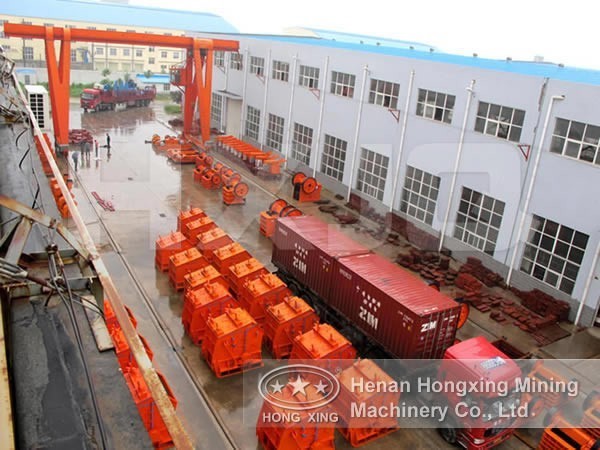Corporate Information
The Definition and Two Types of Overheated Economy
3/23/2013 1:54:51 AM
After the high-speed development in 2010 and 2011 years, Chinese impact crusher was finally affected by the crisis of European economic downturn; in 2012, the sales situation was not optimistic. Whether Chinese impact crusher can go through the sales difficulties in 2013? Let’s wait and see. Here, we mainly talk about the causes of overheated economy.

Overheated economy means that the development speed of market supply is out of proportion to that of market demand. The increase of supply caused by false needs for capitals is the fundamental reason of overheated market economy. When the increase speed of capitals exceeds the actual needed periodic quantity in the market, in a phase, the contradiction of the shortage of relevant market resources and the excess of a certain resources will occur and it will show fast economic development and high price index. According to the definition in economics, that the actual growth rate exceeds the potential growth rate is called overheated economy, and its basic feature is the total demands of economic factors exceed the total needs, which will cause the overall and continuous rise of the price index. The typical overheated economy in China was in the early stage of the 1990s.
Overheated economy can be divided into “consumption-driven overheated economy” and “investment-driven overheated economy”. That caused by exuberant household consumption is called consumption-driven overheated economy and investment-driven overheated economy is also called over-investment, and it contains two aspects of meaning:
(1) When the investment project is completed, the products do not have the anticipated market demands, so that there are too products in the market and the capital cannot be recovered, and the production resources will be wasted. This over-investment refers to that the investment exceeds the market demands.
(2) The investment scale rolls out too much to exceed the affordability of the finance, so that the investment cannot be completed according to the anticipation and cannot form the anticipated production capacity. This over-investment refers to that the investment exceeds the financial resources.



